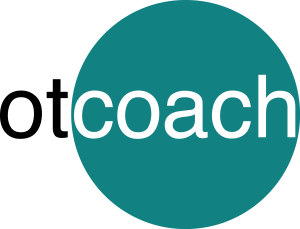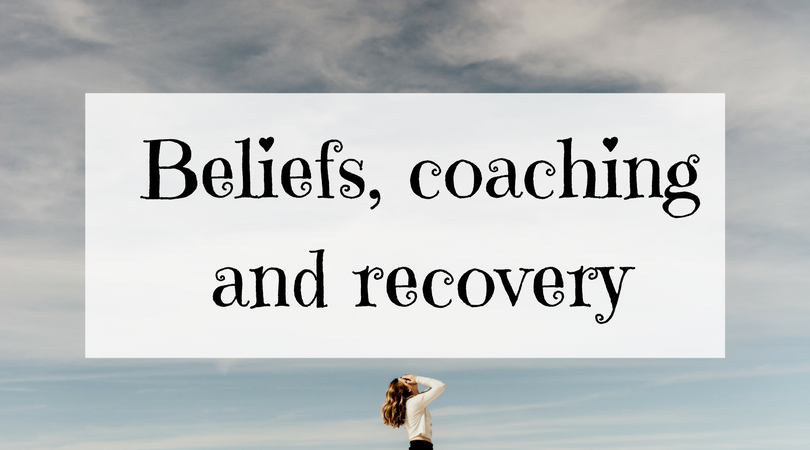I had planned to start exploring my new health coaching book, but I lent it to Maggie so I won’t see that for a couple of weeks! However, one theme I am sure will be covered is the relationship between health beliefs and self-management/recovery. In the coming years, I think stronger and stronger evidence will emerge around this and what we know intuitively about this – that an understanding of how our thoughts/beliefs may affect our physical recovery and rehab, is vital, complex but vital.
The NHS is starting to recognize this and respond through things like self-management programmes, pain clinics, access to CBT and in little ways such as this posting about unhelpful beliefs in relation to back pain recovery, on the Livewell NHS page.
As Occupational Therapists we look beyond the physical, don’t we? I know that many of you will understand this well and often see it play out with your client work. I “hear” and “see” these beliefs in both my work and in my family life too!
These psychological factors, or “yellow flags” can act as a signal for those people who have a slower or less effective recovery from back pain. These five negative thought patterns include:
• “It’s not really safe for a person with a condition like mine to be physically active”
• “Worrying thoughts have been going through my head a lot of the time”
• “I feel my back pain is terrible and it’s never going to get any better”
• “In general, I have not enjoyed the things I used to enjoy”
• “Overall, my back pain has been very bothersome in the last two weeks”(Dr Adam Al-Kashi, head of research at BackCare)
It’s really good to see this acknowledged but one problem is that those who end up in pain clinics, VR and self-management programmes etc. have often held those beliefs for many years, often unconsciously, making them hard to shift. Beliefs such as these, tend to have formed over years of childhood, family values and beliefs and other influences. Whilst we might not be able to change how the beliefs were formed, helping people figure out what they do believe in relation to their health and well-being, is a priority in my opinion. Beliefs and values indicate what people will value and engage with in terms of of activities.
Coaching is a great way to help people raise their self awareness around their beliefs. Whilst some education around “what you should and shouldn’t believe about your back pain/depression” might be a little helpful, it isn’t nearly as as powerful as finding it out yourself… The analogy I often use is, if your mum gives you advice and tells you what you should do, you are not very likely to do it…whereas if you find out the answers for yourself, you are so much more likely to do something about it!
Coaching also looks beyond beliefs to look at the contextual factors impinging on health choices and activities. You may hold helpful beliefs around your ability to affect your well-being, but home life and caring responsibilities are really challenging… helpful beliefs alone are not enough.
Anyway, with a bit of luck, by next time I will have levered this new book out of Maggies hands and we can look at some examples of how to work with beliefs, in the context of coaching ?


